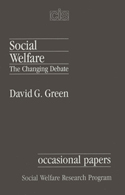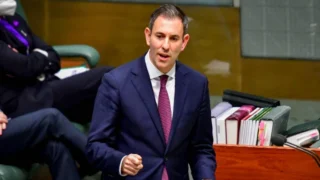

The Centre for Independent Studies Social Welfare Program has commissioned studies by qualified economists and other social researchers and thinkers into various aspects of the welfare issue and the policy options available to governments dedicated to serious welfare reform. David D. Green’s monograph Social Welfare: The Changing Debate, the first of the program’s publications, summarises the research findings and arguments of several recent studies of welfare dependency.
Green makes two especially important points. The first is that the terms of the new debate on welfare are not really so new, but go back several centuries.
Reformers have always agonised over what to do about ‘the undeserving’ poor, those who seem determined to scrape through life by depending on others.
Green’s second point is that the Victorian era coped remarkably well with dependency, not so much because of the rigours of the workhouse, but because the friendly societies, those voluntary, mutual aid organisations, did such a fine job in sustaining the independence and self-respect of the working man and his family. A reduced state welfare system would encourage localised, voluntary self-help organisations based, like the friendly societies (and the family), on an ethic of reciprocity. Any hope for curing the malaise of dependency lies here rather than in the welfare state.









